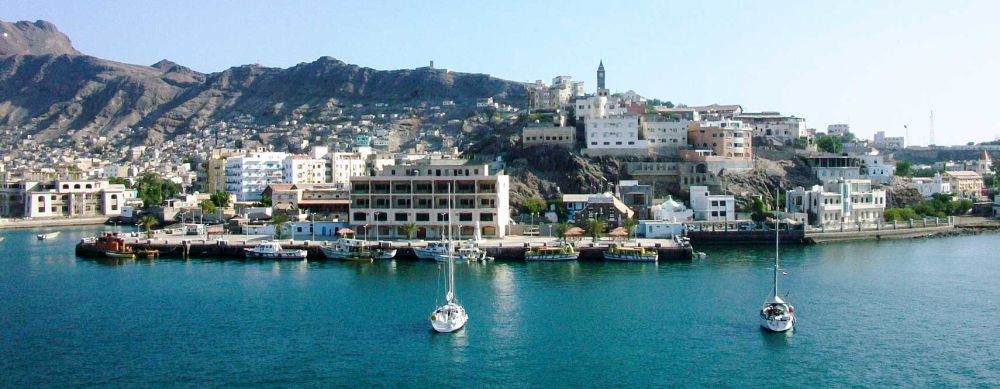

The city of Aden, nestled by the Gulf of Aden, holds a rich tapestry of history and culture. Historically, Aden was a bustling port city, an indispensable stopover for ships navigating the Red Sea to the Indian Ocean. With roots reaching back to the 7th century and references dating back to Biblical times, Aden's history as a center of trade and exchange is well-documented.
Initially, the concept of tourism in Aden was closely associated with its status as a British Crown Colony after the United Kingdom captured the city in 1839. The opening of the Suez Canal in 1869 further entrenched Aden's position as a strategic refueling stop for ships bound east. This colonial era saw the first wave of international visitors, primarily military and businesspersonnel, who began to explore the ancient and cultural sites of Aden.
In the mid-20th century, as global travel became more accessible, Aden attracted tourists interested in its unique blend of African, Ottoman, and British colonial architecture. The picturesque harbor, historical sites like the ancient water tanks of Tawila, the Sira Fortress, and the Aden Minaret were significant attractions. By the 1960s, Aden had established hotels and infrastructure catering to international tourists.
Post-independence in 1967, Aden faced political instability and conflict, which led to a sharp decline in tourism. Despite its historical and cultural assets, Aden has struggled to maintain a stable tourist industry because of ongoing political conflicts and security issues within Yemen. The situation has been further exacerbated since 2015, with the outbreak of the Yemeni Civil War, which has made Aden and Yemen at large extremely difficult and dangerous for travelers.
At present, tourism to Aden is significantly hampered due to the conflict and associated issues such as lack of infrastructure, security concerns, and humanitarian crises. Most governments strongly advise against all travel to Yemen due to these safety concerns.
However, Aden continues to possess a wealth of potential attractions, including the stunning Aden Crater, historical colonial-era buildings, and vibrant markets that once made it a cultural melting pot of the region. The natural beauty of the beaches along the Gulf of Aden and the traditional Yemeni culture hold a special allure that could, under more peaceful and stable circumstances, once again captivate travelers from around the globe.
There are hopes for the future where, should stability return to the region, Aden might reclaim a spot on the itinerary of adventurous travelers. Sustainable tourism development, cultural heritage preservation, and infrastructure rebuilding could play critical roles in this revival.
In a post-conflict scenario, it is envisioned that Aden could leverage its historical sites, rich culture, and natural beauty to attract scholars, historians, and tourists interested in the roots of civilization in the Arabian Peninsula. Until then, the city's once-flourishing tourism sector remains a dream, awaiting safer times and a commitment to showcasing its historic grandeur to the world once more.